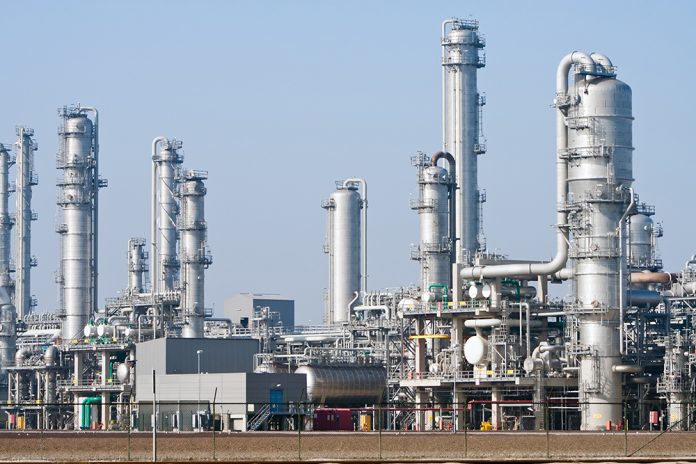By Andrew Buchanan of 6 Engineering, engineering consultants for the major hazards industries and partner of Foundation Industries Ventures (FIVe).
The need for new sustainable materials and processes has never been greater. New materials are in the making and gases such as hydrogen are being hailed as the next big thing.
And while some process safety has been done on known materials like hydrogen, it’s often not been applied to new solutions and new applications. No one is 100 per cent sure what will happen at scale.
There are crazy ‘boffins’ at the top of their game and individuals in garages and kitchens up and down the country generating new ideas. This is what we need – innovation like this will drive future change and will be the only way to reach a carbon free world. None more so than for the Foundation Industries (FIs), those process heavy, risk averse, high-energy intensive sectors such as chemicals. But what we don’t need is new materials and processes being tested and things going ‘bang’ as in reality most industries, and most innovators and entrepreneurs, don’t really ‘get’ safety.
What is process safety?
Process safety in its simplest form is about identifying the scenarios that can occur with a new product or material and the worst that can happen when you apply it in different ways. You can then remove any hazards.
But safety is all about understanding those hazards and how frequently they occur. For example, a tiger is a hazard, it could cause a person harm. But the chances of meeting a tiger in the street are low so the hazard multiplies by how often you come across it. This time ‘never’ means it is very low risk but if you lived in parts of Asia or Africa the likelihood and hence the level of risk would be much higher.
Size is critical
So many people and organisations like to over complicate safety and very few even think about it at an early stage. For innovators and start-ups at the beginning of their commercialisation journey size is critical. Something might be perfectly safe in small quantities in one environment but at semi-commercial scale could be highly risky with things literally going pop. But why don’t innovators and spinouts and start-ups concentrate on safety right from the start? The answer is simple, they’re too busy developing their idea and proving it works. Then, when process safety does cross their mind in those early days it’s seen as a cost burden not a benefit.
The barriers
We know we need to develop a truly circular economy and bring materials new and old into use but the hardest part of that is often that first step. Then the barriers for start-ups and spinouts are many.
Innovators need to prove their product works, and the time and money involved in that process can be high. They can often ‘prove’ their material or process in a lab at small scale, so any hazards and risks identified are low. While the focus is on getting the process or material off the ground the need to make it inherently safe is lost. Safety is seen as an unnecessary cost burden.
And process safety can be expensive. Major industries like oil and gas, and the defence and chemical sectors spend billions on safety. And long-standing industries like this ‘get’ process safety if they don’t the risks and the financial losses would be too high.
Yet if process safety can be considered early by innovators and incorporated at the start of their journey the rewards are great, and the costs reduced.
In an increasingly socially and environmentally conscious world investors are looking to minimise risks so start-ups or spinout that are on top of process safety not only show their commercial mindset but also that they’re mitigating potential safety costs further down the line by pre-empting safety issues at commercial scale.
Using industry to help future innovators
In the Foundation Industries like chemicals, safety to date has all been relatively straightforward. Materials have been used and manufactured for many years, and the risks tend to centre around very hot and hazardous materials. The risks are well known. But for new materials and processes and for the whole net-zero innovation sector we’re unlikely to know or understand risks. Will we fully understand chemical reactions, or what changes in pressure and temperature might mean or similarly what by-products and waste might be produced? It’s all about the management of risk.
That’s why organisations like Foundation Industries Ventures (FIVe) are vitally important. They’re the bridge between knowledge of process safety in the FIs and the creation of an innovation in the move to net zero.
FIVe can help start-ups leap the barrier of process safety by linking innovators with professionals like 6 Engineering who can offer specific, tailored support, ultimately giving them huge value and credibility to their process or material without the cost burden. Incubators and accelerators recognise the skills held in industry like process safety and how by working together we can share that knowledge and experience to positively influence the FIs of the future.










